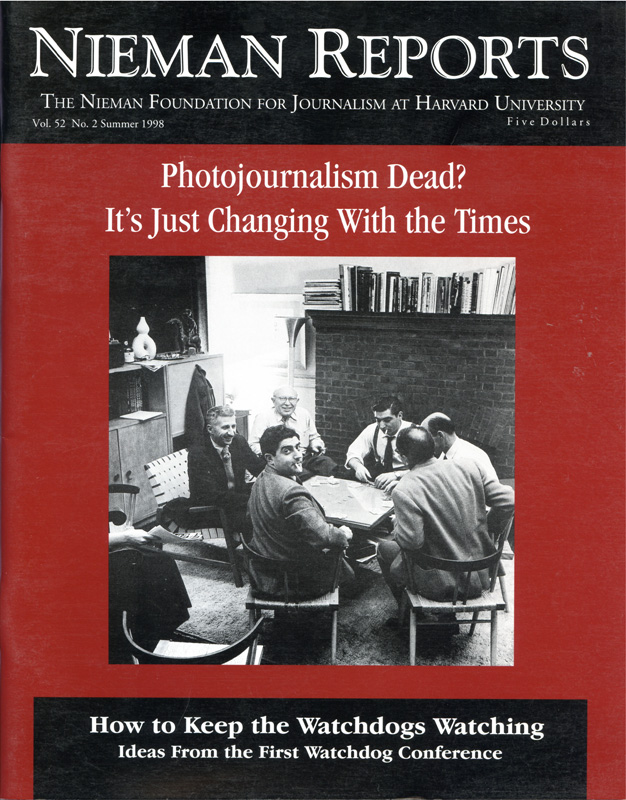“The Battle of the Sexes,” “Telecommunications Price Wars,” “Democrats Send Clinton into Battle for Second Term,” “A Classic Match-up: It’s only the opening bell, but the merger battle between Hilton and ITT promises to be bloody.”
For Deborah Tannen, Professor of Linguistics at Georgetown University, these headlines demonstrate the current contentiousness of our public life, where battle imagery and metaphors pepper our conversations, and where a show of aggression is valued for its own sake. This tendency to approach public issues with an adversarial mindset is what Tannen calls the “argument culture,” where we regard criticism and attack as the best, if not the only, type of rigorous thinking. She sees the news media, politics and law as particularly susceptible to this tendency; Tannen devotes chapters to each of these realms, as well as how gender and opposition relate, and how other cultures view and handle conflict.
In a clear, conversational style, Tannen questions the assumption that everything is a matter of polarized opposites—the proverbial “two sides to every question” that we have grown accustomed to thinking embodies open-mindedness. To provide balance, journalists present “both” sides. But by focusing on balancing two sides—when there are usually more than two—the press moves away from its central investigative role. The result is that less needed information gets out.
As an example, Tannen cites the work of journalists Haynes Johnson and David Broder, who reviewed media coverage of the health care reform President Clinton proposed early in his first term. The politics of the battle, they found, was reported twice as often as the impact of the plan on the consumer, and the failure to reform health care was viewed as a political loss for the administration rather than a loss for the American people.
The way journalists report issues and events shapes the way we think about them, Tannen argues. Writing in terms of opposition can actually create the opposition. “We think we are using language,” she writes, “but it is using us.”
Continually framing issues in terms of a debate also results in the conviction on the part of the public that nothing constructive can be accomplished. Accompanying this is a corrosive attitude of contempt for public figures. This contentiousness alienates and separates us from each other and our leaders.
Tannen does not say that we should eliminate our argument model for public discourse entirely. But we need to ask whether it is the only, or the best, way to carry on our affairs. When opposition becomes the overwhelming avenue of inquiry—a formula that requires another side to be found or a criticism to be voiced—it privileges extreme views and obscures complexities. In short, Tannen argues, call off the attack dog and bring on the watchdog. Dogs who are too busy attacking are not watching.
Molly Marsh is the Editorial Assistant of Nieman Reports.


